We've Got Answers
Questions About Brakes To Go
Yes, we have Saturday appointments.
Yes, we accept cash and all major credit cards.
On average brake jobs take forty-five minutes to an hour.
Yes, all our tools are waterproof and our technicians have great rain gear.
Yes, we perform brake repair at office buildings, in parking garages, on parking lots or low traffic streets. We have insurance and liability coverage to conduct repairs on third party properties.
Yes, price depends only on the make and model of your vehicle and the repairs necessary.
Yes, all parts and labor are covered by a total-replacement, non-prorated 36 month/36,000 mile nationwide warranty (whichever comes first).
Yes, our technicians have the tools and experience to service everything from the simplest domestic cars to the most advanced imports. From Maserati to Kia, we’ve got you covered!
Our mobile service model doesn’t carry the typical overhead found at a multi-million dollar brick & mortar automotive service center. Because of this we are routinely 10%-20% cheaper than the dealership or your local service center. Regardless, we price match and will beat any comparable quote for identical service using identical parts.
Yes, all Brakes To Go technicians have passed a background check. You can see pictures of our employees on our techs page.
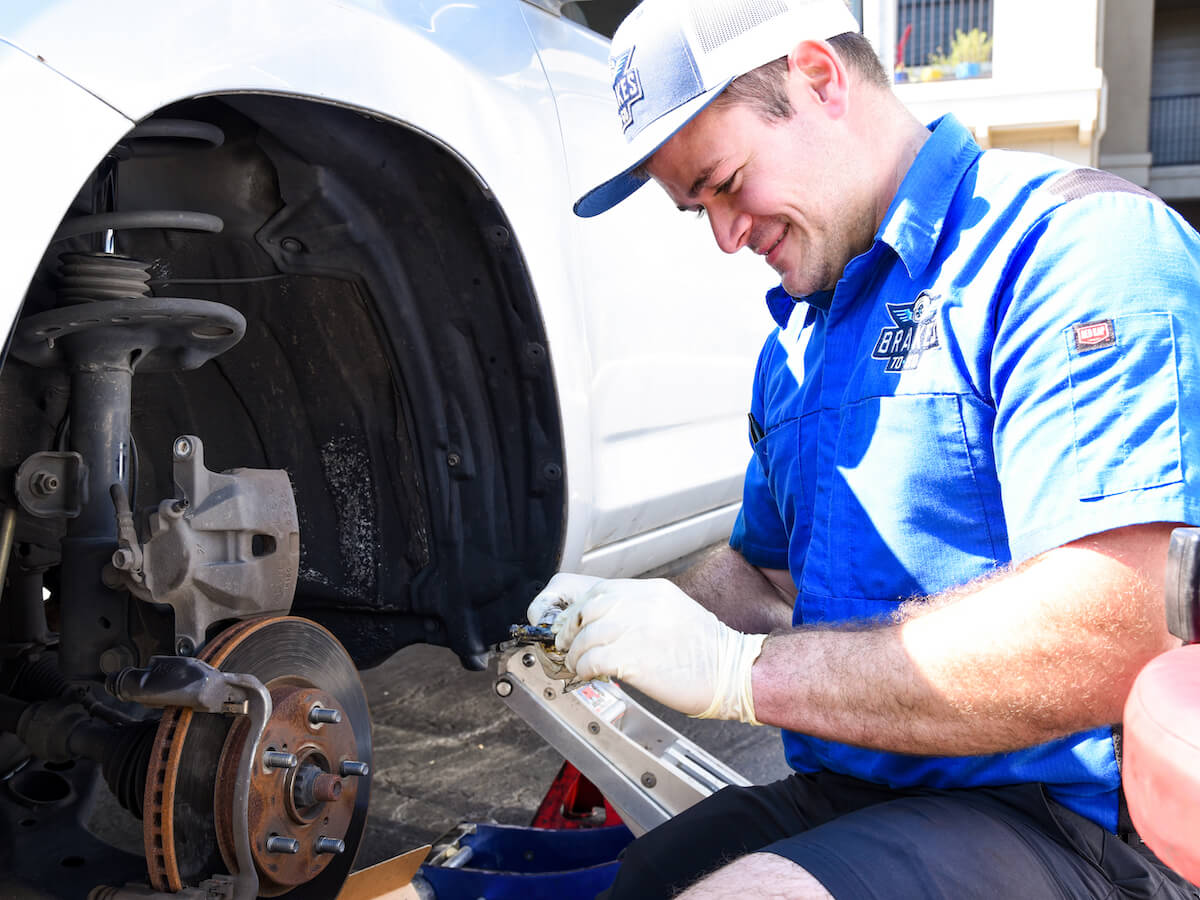
Yes, every Brakes To Go technician has at least 5 years experience and is ASE-certified. We only work on brakes, but we can point you in the right direction no matter the issue. In fact, most of our mechanics are over-qualified and can identify and recommend most automotive service issues.
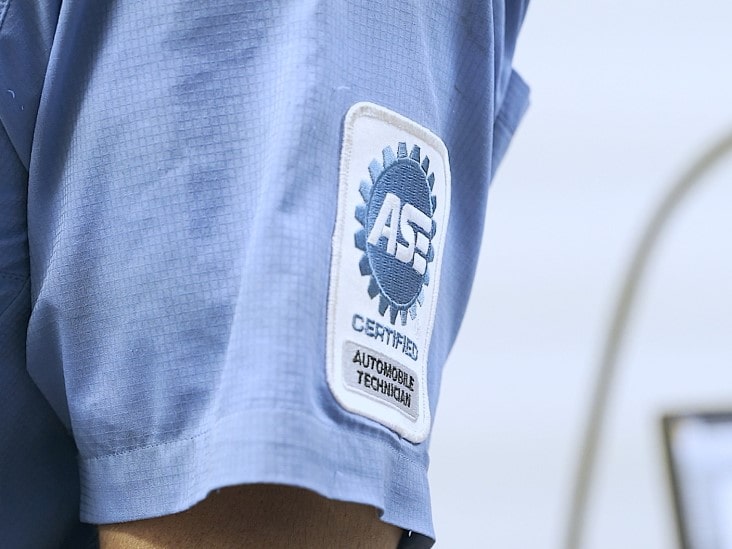
We buy almost all of our parts from Advance Auto Parts, who recently purchased the CarQuest commercial products line. For most applications that means installing Wearever Platinum Professional brake pads and/or rotors. When installed by a TECHNET-approved service provider such as Brakes To Go, these parts come with an industry-leading 36 Month/36K mile nationwide warranty – far more coverage than you would get at a dealership.
In the “old days” rotors were repaired by putting them on a lathe and cutting them to create a new, smooth surface. The new standard of care for damaged rotors is replacement, however. The timely service of your brake pads can extend the life of your brake rotors. But eventually your rotors will need repair, too. In those circumstances, replacement of the rotors is greatly preferred for two reasons. Firstly, rotors are considerably cheaper than they were twenty years ago due to world wide recycling of cast iron – today’s rotor was also literally yesterday’s rotor, and the day before that, and so on and so on. This recycled steel is cheaper, but it also leads to the second reason replacement is preferred to machining, which is that today’s modern steel rotors are “softer” than their original counterparts from 20 or 30 years ago. When a rotor is machined, you make it thinner, which decreases its ability to cool properly thus making it more susceptible to warping. This is particularly true of modern rotors made of recycled steel. Given that modern rotors don’t perform well after they are machined, and the fact buying a new rotor is so much cheaper than it used to be, rotor replacement is the new standard of care in brake repair.
Questions About Brake Repair
Squeaking happens for several reasons. Some brake pad manufacturers install a wear-indicator on their pads. As your pad material is slowly used up, this metal tab will eventually touch the edge of your rotor, creating a squeaky noise to let you know your pads need to be replace. Also, some pads are made of sub-par materials, or are manufactured poorly. These pads will often make a lot of squeaky noise right out of the box; the only solution is to replace this pad with a quality component. Finally, driving habits can greatly affect the life of a pad. If you ride the brakes, or aggressively brake at the last moment, you can generate tremendous heat that degrades the pad prematurely, causing them to “glaze”. Glazed pads are notorious for squeaking.
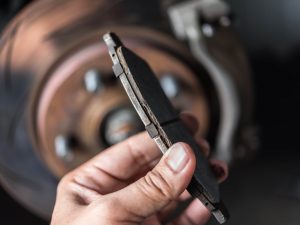
Grinding noises usually indicate that your brake pad friction material is completely worn and the metal backing plate to which that material is normally attached is now in direct contact with your brake rotor. In this case, you will have little to no stopping power at this wheel. You will have to replace both the rotor and pads.
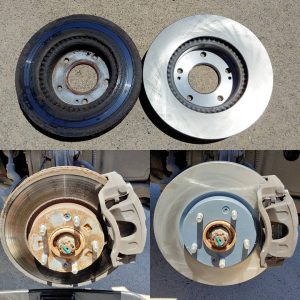
This is an indication that either your front or rear brake rotors have warped. Warping can happen as a result of driving hot brakes through cold water puddles (like warping a pan by taking it directly from your stove and putting it in the sink under your tap). Also, some rotors develop high spots on them as they age and one section of the rotor wears away faster than another. These high spots are felt all the way through the brake system. In either case, replacement of these rotors in the new standard of care.
The brake light comes on when brake fluid is low or there’s a malfunction in the master cylinder. If the fluid is low this is a good indication that the brake pads are worn down as well.
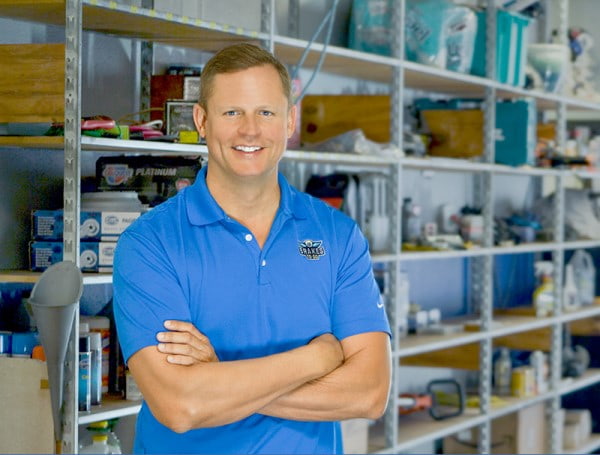
Still Have a Question? No Problem!
We're happy to answer any questions you may have. We'll respond within fifteen minutes during regular business hours.
